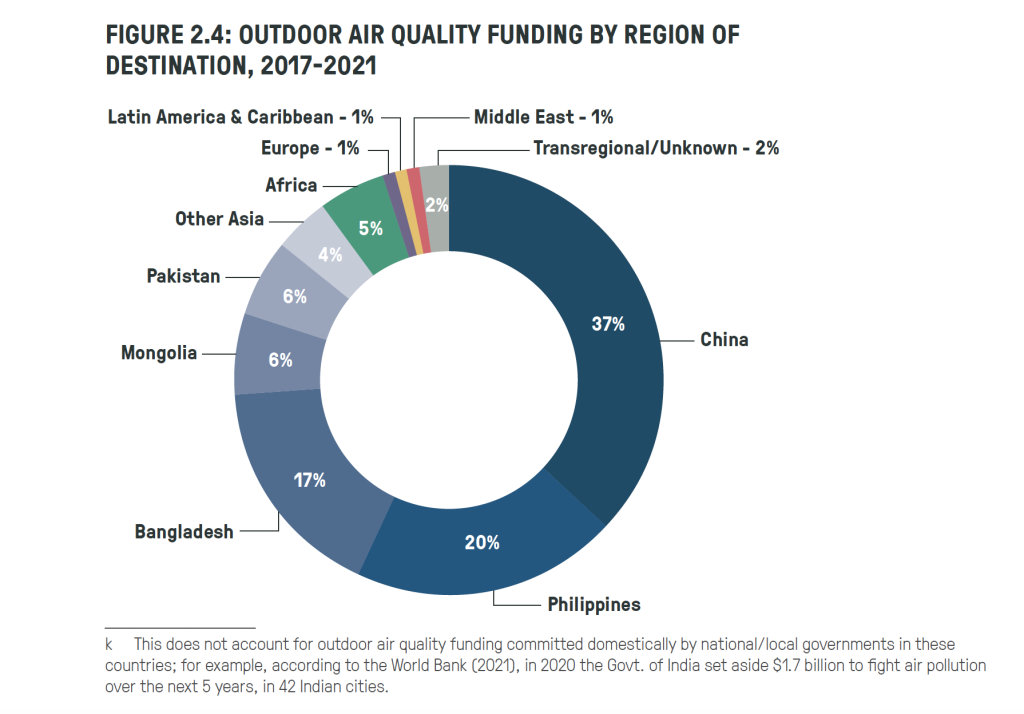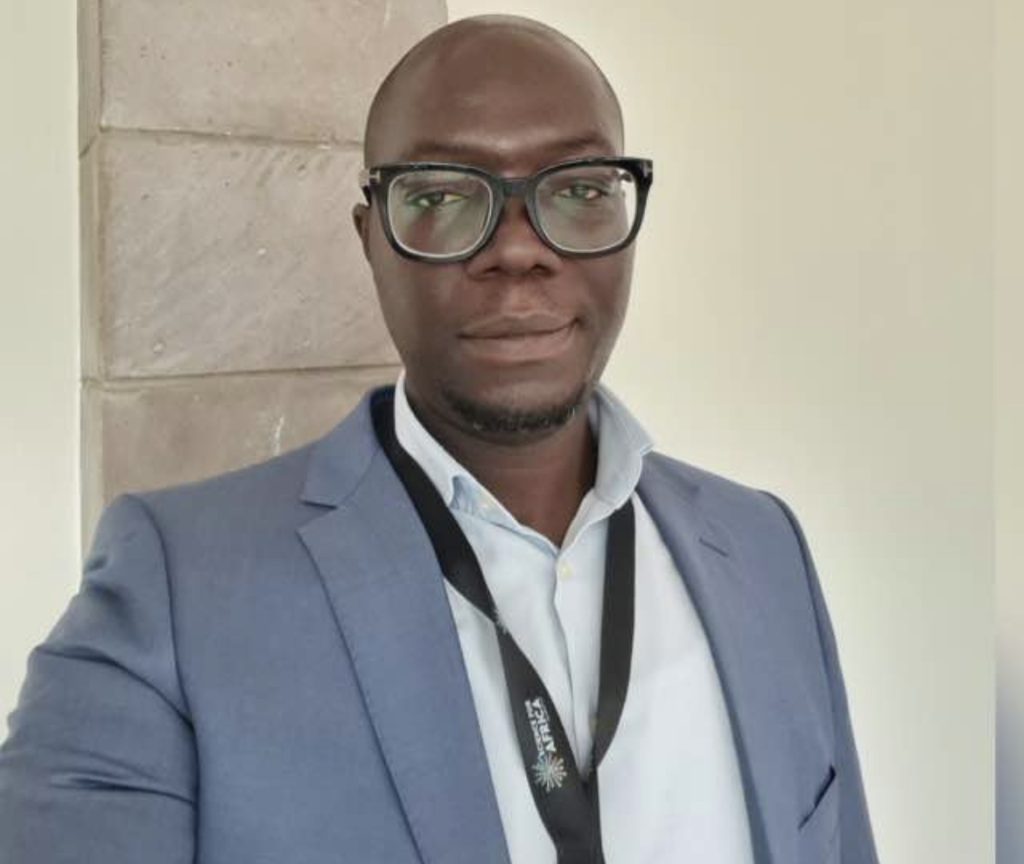By Albert Oppong-Ansah
Accra, Nov. 29, GNA – Professor Kofi Amegah, an Associate Professor of Epidemiology at the University of Cape Coast, is calling for a dedicated stream of funding for countries on the continent to conduct more studies and implement projects on air pollution.
The intervention, he explained, would contribute to addressing the funding challenge countries at the global south were facing.
For every $1,000 spent by a development funder, just $7 was spent on tackling outdoor air pollution, a latest report by Clean Air Fund indicates.
Reacting to some key aspects of the Report, Prof. Amegah said the lack of data undermined preventive measures and policy decisions.
“With the development of the specialised funding, call for proposal can be issued for African researchers to compete,” he recommended.

Professor Amegah said there was stiff competition from developed countries that had favourable research environment, tools and capacity as opposed to Africa that lacked those resources.
“For some reasons the research and project proposals of global west attract attention of multinational than that of global south,” Professor Amegah, who also leads the Breath Accra project, told the Ghana News Agency.
Professor Amegah, recommended researchers in the global north to collaborate with their counterparts in global south to undertake joint research and implement projects to improve the research environment in Africa.

He said although Clean Air Fund, a U.K – based charity was working towards clean air globally to bridge the gap, “We need more substantial funding here because air pollution is big deal here.”
A new Clean Air Fund report released reveals that Africa is home to many of the world’s fastest-growing urban centres – and a crisis of air pollution faces the continent’s rapidly expanding cities.
The continent, home to the world’s youngest population, was expected to see its population nearly double by mid-century, reaching 3.9 billion by 2100.
However, the report highlights the lack of international and multilateral development funding to fight air pollution in Africa, with only five per cent of total aid directed at reducing air pollution on the continent.
“In Lagos, a city home to nearly 16 million people, the official development funding directed toward air pollution from 2015 to 2020 amounted to a mere $0.25 million. Air pollution claimed 70,000 in the city in 2019 alone,” it said.
Between 2015 and 2021, donor governments provided a stunning 36 times more aid for prolonging fossil fuel use in Africa than tackling air pollution, despite the continent facing temperature warming faster than the global average.
The report calls on international and multilateral development banks to provide increased technical support to assist countries in accessing green funds.
About 28,000 Ghanaians die prematurely every year because of air pollution, according to the World Health Organization (2020).
Air pollution is the second highest health risk factor for death and disability, after malnutrition.
Young children and adults over 50 are most at risk of disease and premature death.
Poor air quality in Ghana is mainly caused by cooking using wood and charcoal, road transport, slash-and-burn methods of farming, open waste burning, energy generation, accidental fires and industry.
While deaths from household air pollution have decreased since 1997, deaths from outdoor air pollution have increased.
GNA
This story is a collaboration with New Narratives. Funding was provided by the Clean Air Fund. The funder had no say in the content.